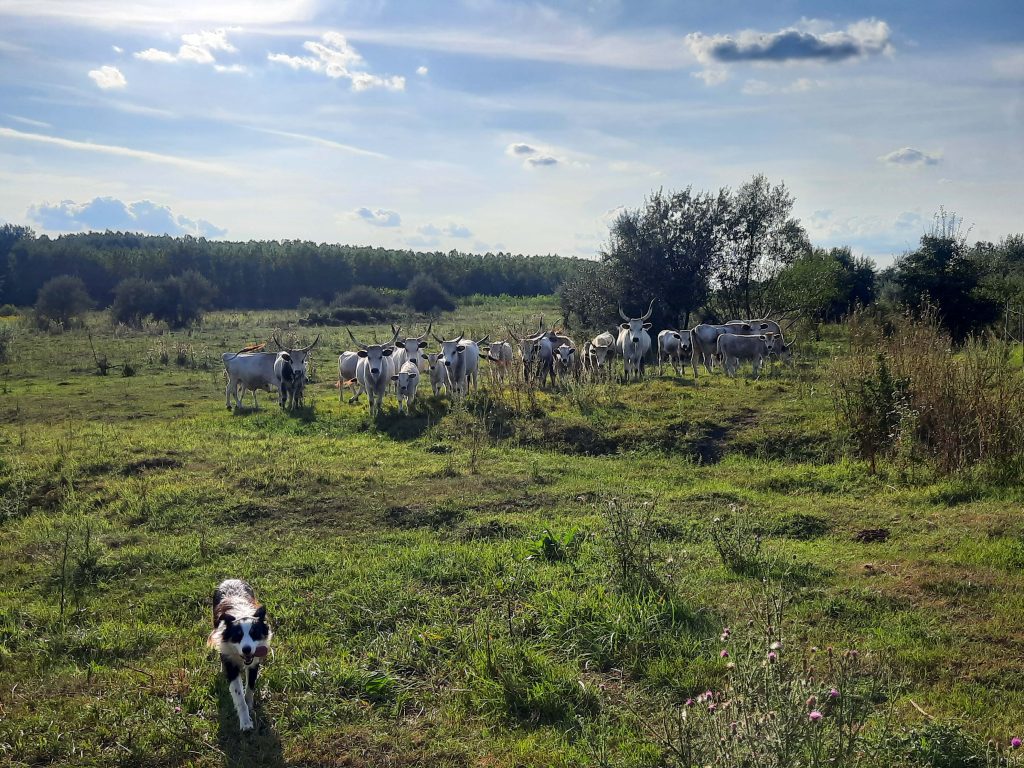
Transforming landscapes: Balancing tradition, agriculture, and nature on a Hungarian cattle farm
In the countryside of Hungary there is a story of resilience, adaptation and transformation – the story of Csaba Szabó and his farm. His journey began in the turbulent times of the economic crisis starting in 2008, when Csaba and Anett Szabó decided to seek an alternative path. They made the bold decision to buy a small farm and embarked on a journey that changed the course of their lives.
